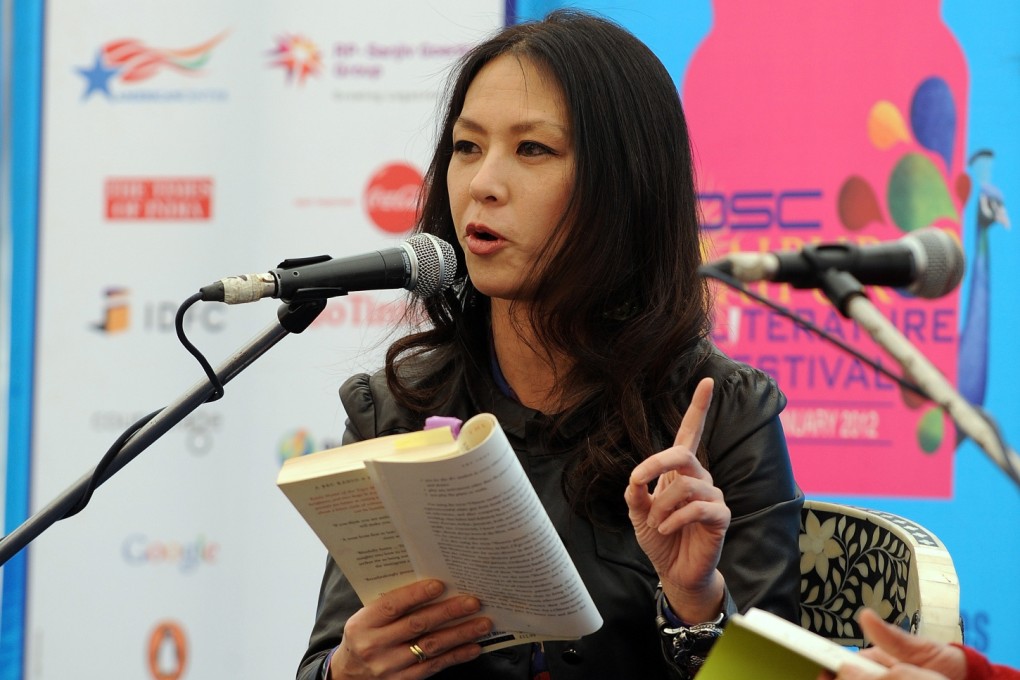
The newly defined dolphin style of parenting is not the first to capture attention in recent years. Yale law professor Amy Chua's 2011 book Battle Hymn of the Tiger Mother outlined a parenting style that was high on discipline, and placed study before play dates and fun.
Then there was eagle dad He Lieshing, whose extreme no pain, no gain, parenting style sent his four-year-old son Duoduo running near-naked through the snow-covered streets of New York.
Other parenting styles include the helicopter, who hovers, ever ready to direct the child, and the lawnmower, who mows down any obstacle the child faces.
Katherine Sellery, who runs an effective parenting programme, says the lack of physical space in Hong Kong homes, coupled with parental aspirations for academic success, means there are a lot of helicopter parents in the city.
What I like about dolphin parenting is that it addresses the child's here-and-now needs
"What I like about dolphin parenting is that it addresses the child's here-and-now needs. Tiger parenting is about the future and those needs are sacrificed to get that place at Harvard," she says.